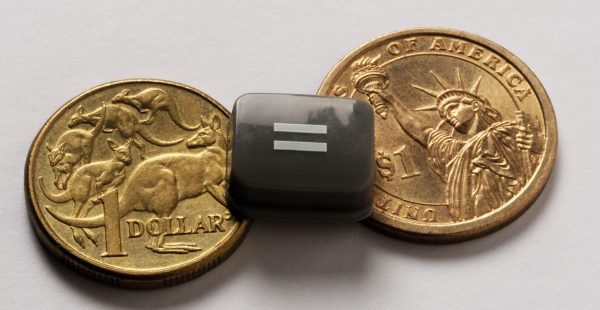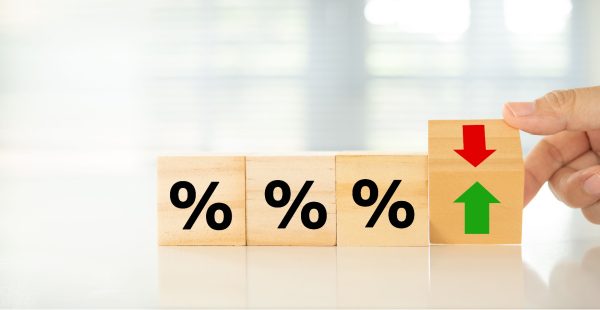Australians stretch savings over decades for house deposits: Finder

New research from Finder has revealed it will now take the average Australian 17 years to save for a house deposit, as economists expect the Reserve Bank of Australia (RBA) to again hold rates in tomorrow’s policy decision.
It will also take an average of 13 years for an Australian to save enough for a deposit on a unit, with the number of years fluctuating according to each state. New South Wales tops the rank at 22 years to save for a house and 15 for a unit, with Tasmania coming in at close second (17 years for a house and 15 for a unit).
This is followed by South Australia (16 years for a house and 12 for a unit), Victoria (16 for a house and 11 for a unit), Queensland (15 for a house and 11 for a unit), Western Australia (12 for a house and eight for a unit), Australian Capital Territory (12 for a house and seven for a unit), and the Northern Territory (nine for a house and six for a unit).
“It’s mind-boggling just how long it takes for the average Aussie to be able to afford their own home,” Graham Cooke, Head of Consumer Research at Finder, said.
“Getting on the property ladder has become even more difficult with affordability deteriorating, and that’s before you even consider the higher interest to be paid later.”
This research comes as Finder’s RBA Cash Rate Survey revealed all 36 experts and economists polled agreed that the central bank would be holding interest rates at 4.35 per cent at tomorrow’s decision.
“Promising signs of inflation starting to ease were dampened by higher than expected figures from the March quarter,” Cooke said.
“The inflation rate is the one number the RBA is most influenced by, so it’s unlikely we’ll see a rate cut until at least December, if not later.”
However, the experts were split on the RBA’s movements later in the year, with some remaining hopeful of a rate cut and others concerned over quarterly CPI reports.
“News from overseas was similarly bad. On the other hand, March retail sales were weak,” Geoffrey Kingston, Professor at Macquarie University Business School, said.
“The [Reserve] Bank will probably sit on its hands for several months. However, ongoing high government spending and the July tax cuts may combine to force a rate rise sometime this summer.”
“Inflation is still coming down so we still expect a rate cut this year, but March quarter inflation was higher than expected particularly for services inflation and so we have delayed our expectation for the first rate cut to year end,” Shane Oliver, Chief Economist at AMP, said.












It concerns me that only months ago the Government was considering giving Union based Industry Funds the power to advise…
Can you imagine the corruption that would occur if the Government goes ahead with its plan to allow Industry Super…
Let's pretend that I am a super fund trustee and I want to build an office building on behalf of…
Its easy to get away with when they are marking their own homework regarding the performance of private or unlisted…
most concerning they have done nothing years and years of news about super paying money to unions and nothings investigated…